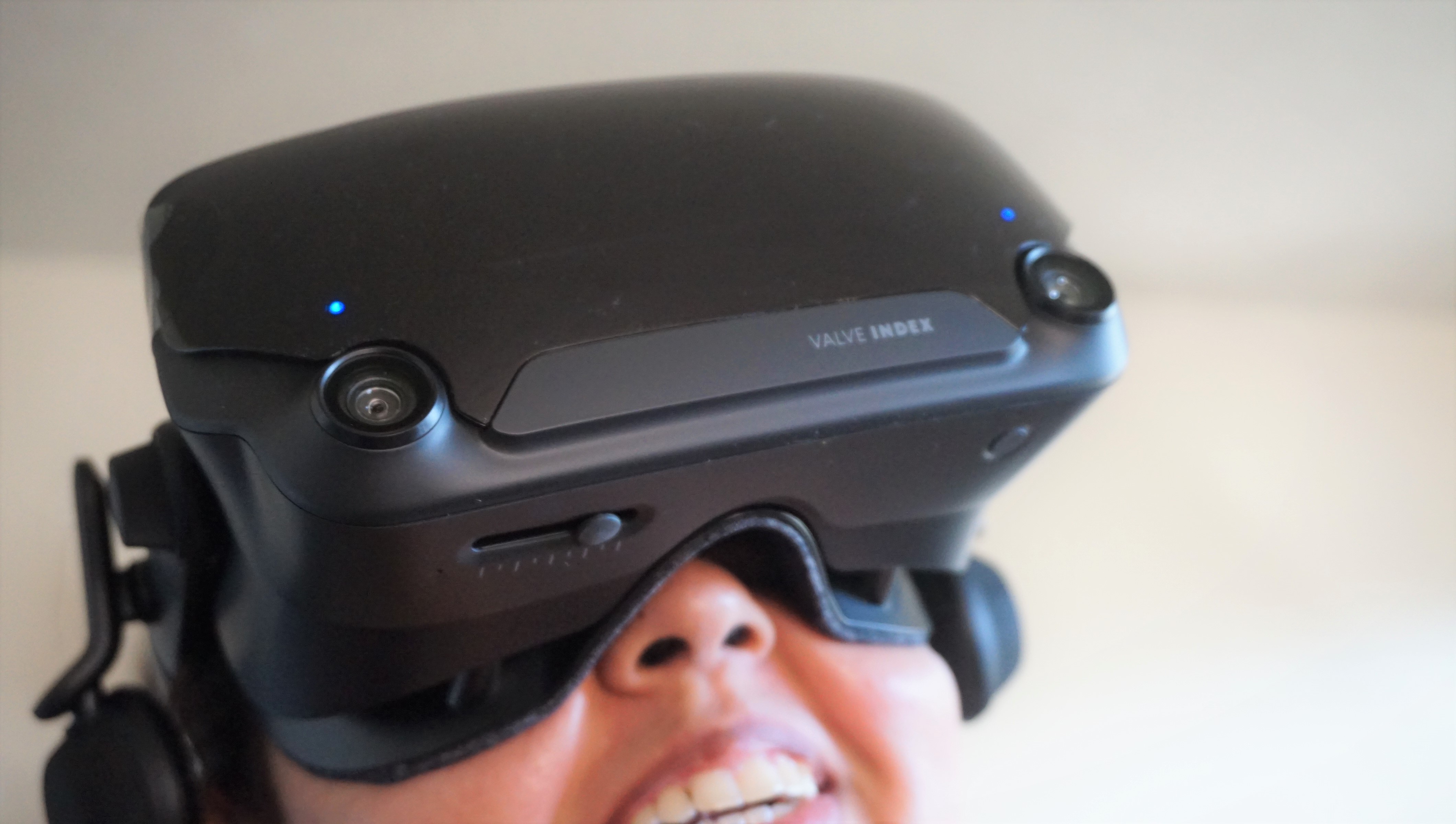It looks like we might not have to wait much longer to see Apple’s first foray into virtual reality. There are multiple headsets in production, which will run on the newly-christened ‘xrOS’, according to a new article on Bloomberg from well-known Apple reporter Mark Gurman.
xrOS is claimed to replace the previous ‘realityOS’ (or just ‘rOS’), which was originally reported about along with Apple’s plans for an augmented reality headset way back in 2017. Back then, we only expected an AR wearable from the fruity tech giant, but Gurman’s latest report suggests that we’re actually going to see three different headsets: codenamed the ‘N301’, ‘N602’, and ‘N421’.
The first two are purported to be true mixed reality headsets, which will incorporate both AR and VR features. This isn’t really new technology - mixed reality has been around for a while, as seen in products such as Microsoft’s HoloLens 2 - but Apple is doing the Apple thing and giving it a new name to claim originality. The ‘xr’ part of xrOS stands for ‘extended reality', which is… just mixed reality, as far as we can tell.
The N421 headset is suspected to be a less complex AR-only product, more similar to the ill-fated Google Glass. The N301 is expected to launch first, with Gurman describing it as being at an ‘advanced’ stage in the development process, with a potential release as early as next year. It’ll be a direct competitor to the Meta Quest Pro headset.
Analysis: Apple is late to the party, but does it still have a chance?
The idea of Apple releasing a product to tangle with the best VR headsets has been floating around for more than half a decade now, and in that time we’ve seen the release of a bunch of high-quality competitors. Apple is playing at a deficit here, but Apple’s patients - and the well-documented brand loyalty of its customers – could still prevail.
There are definitely some points in favor of not being a trailblazer in a new industry. There were similar comments that Valve was offering ‘too little, too late’ when it announced the Valve Index, but that turned out to be an incredible product.
By sitting quietly and watching other manufacturers put out their own VR headsets, Apple could be learning what works and what doesn’t in order to put out a highly refined product. We see this all the time in the tech sphere; most recently, we were impressed by the Asus Zenbook 17 Fold OLED, a foldable laptop that evidently learned lessons from Lenovo’s less-than-stellar attempt to harness the tech two years prior with the ThinkPad X1 Fold.

We have other concerns surrounding the new xrOS headsets, though. Chief among these is the pricing; previous leaks have suggested that the first Apple VR/AR headset will feature nifty features like high-quality OLED displays and iris-scanning authentication, but this is obviously going to drive up the price.
We reported on the steep potential cost of an Apple VR headset a few months back, and Gurman’s latest report reiterates that Apple’s ‘extended reality’ product (ugh) is going to be seriously expensive at launch - with expected prices in the $2,000-$3,000 range (or around £1,600-£2,500 / AU$3,000-AU$4,400).
Look, we understand that the ‘Apple Tax’ is a thing that exists, but this is just absurd. Nobody should have to pay three thousand bucks for a mixed reality headset – at least, not one aimed at consumers. Sure, HoloLens was ludicrously expensive, but that was at least marketed toward businesses as a professional immersive solution.
If the flagship model premieres at $3,000, that’ll be literally double the price of the Meta Quest Pro, triple that of the Valve Index, and more than six times as expensive as the excellent Meta Quest 2 (formerly the Oculus Quest 2). It’s possible to get a VR headset for a few hundred dollars now, as evidenced by our best VR headset deals.
That’s just too pricey, Apple. You can’t rock up several years late and expect people to pay such a ludicrous amount for technology we’ve already seen elsewhere. It remains to be seen how xrOS will justify such a price tag, but at this stage, we’re not going to get too excited about it.
Source: TechRadar